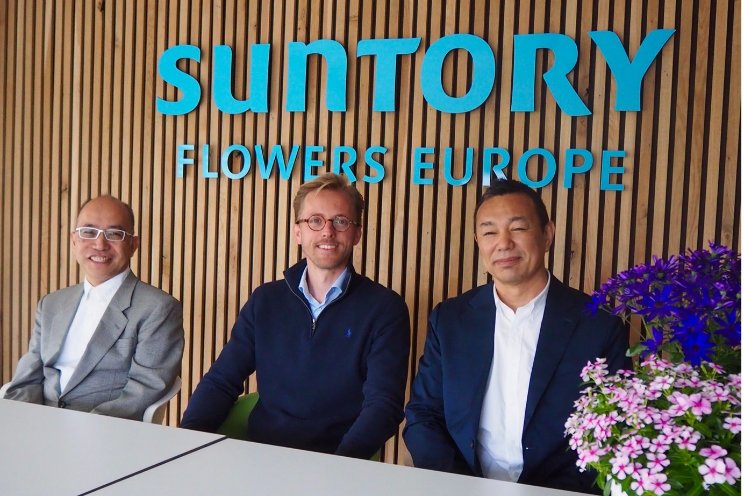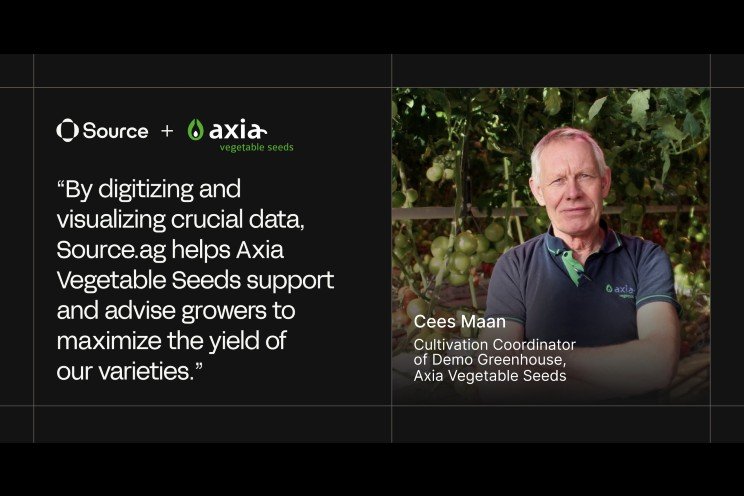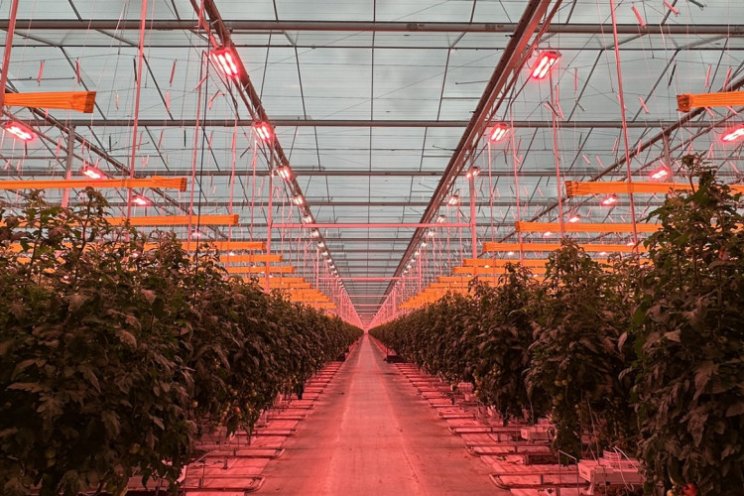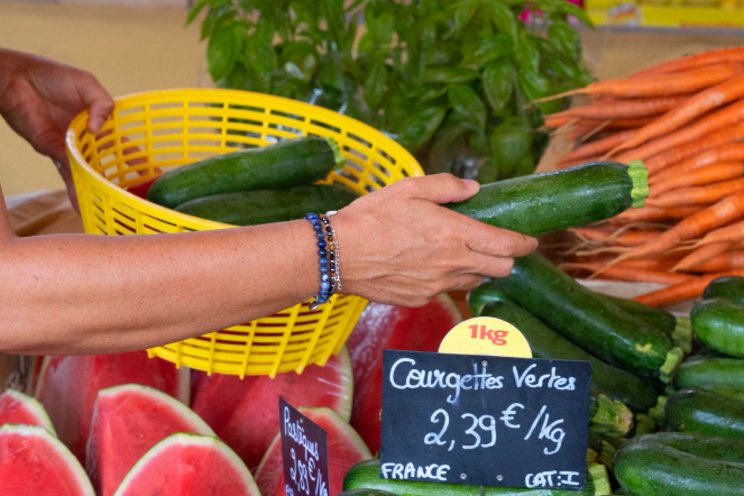Quality first
Added on 01 February 2021

For over a century, Bailey Nurseries has provided a wide array of high-quality plants to its diverse clientele. One way it does so is with its numerous plant varieties and knowledgeable staff.
Since Bailey offers a myriad of varieties, most of them start at Bailey Innovations — its growing facility right outside of Athens, Georgia. During research, the genetics are bred and cross selected under the guidance of Bailey's breeding team. Once the team finds something, West Coast Propagation Manager Jeff Stoven says the selections are shipped to the Minnesota or Oregon-based locations. From there, the propagation team begins trialing and testing the plants. This process is what Bailey calls its "research and development approach."
"We have to test its hardiness; we have to test its tolerability, its structure, its plant health and propagation aspect, its marketability, its production cycle — all of these things are looked at before the plant is introduced," Stoven says.
While a lot of pre-screening is completed in Georgia, Stoven and his team essentially do a deeper check to see how well the plants thrive in the production setting, with the main question being, "How valuable are the new genetics to the marketplace?" Stoven says that sometimes, the team works on plants for years before making a decision.
"As propagators, it's our job to run trials so we can have information for the customers."
Just as there is an extensive process for adding to the catalog, the procedure for omitting selections is just as rigorous.
Each year, Bailey has what it calls a "demand forecast meeting" that involves the production team, sales team and management. There, the plants' yearly history is reviewed — their sales, quality, consistency, sell-through and price per premium, Stoven says.
"If a plant is difficult to propagate, produce, has perpetual plant health issues, produces an unacceptable yield, is unprofitable or has declining sales history, these are some of the reasons to consider dropping a plant from production, [because] we like to stay consistent with our customers."
Another way Bailey continuously appeals to its long-term customers is through its motto of "Growing What's Next."
"I don't think we would maintain some of the accounts or have key relationships without the quality and trust we've established," Stoven says. "All of these things are important for both ends. It's a partnership that is built on these pillars."
Source and Photo Courtesy of Greenhouse Management
Source: Greenhouse Management
More news















